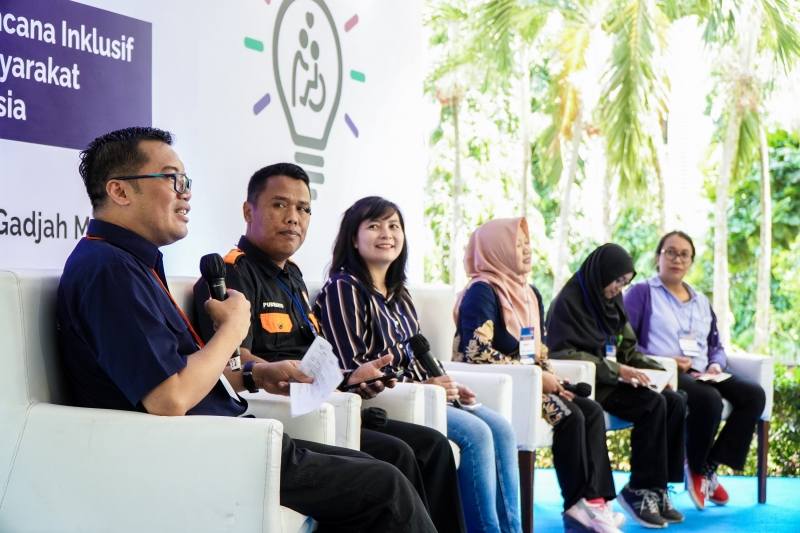
Community resilience in facing disasters continues to be strengthened by various disaster management (DM) actors, including humanitarian institutions, one of which is the YAKKUM Emergency Unit (YEU), and educational institutions, such as the Faculty of Psychology at Universitas Gadjah Mada (UGM). YEU and the Faculty collaborated to organize the IDEAKSI Demo Day and Symposium in the Faculty (7/10) as an event for PB promotion and collaboration.
This activity, which brought together various stakeholders, received a warm welcome from partner institutions abroad, such as the Asian Disaster Reduction and Response Network (ADRRN) and Elrha. The Deputy Dean of the UGM Faculty of Psychology and the Director of YEU were also present to welcome the Demo Day and Symposium participants.
This event was opened by the Deputy for Systems and Strategy at the National Disaster Management Agency (BNPB), Dr. Raditya Jati, S.Sc., M.Sc. He conveyed the importance of not only empowering multi-stakeholders through community-based disaster risk management (CBDRM) but also strengthening social modalities.
“What we need to preserve, what differentiates us from other countries, is the social modality that we have. "We always build a spirit of cooperation, not only when a disaster occurs, but before a disaster occurs, we are ready to carry out simulations, movements, and environmental conservation so that disasters do not occur," he said.

Networking Event in the Province
Still in the opening series, a charming dance performance was presented by the Sedoyo Rukun Youth Information and Counseling Center (PIK R Seru). The dance entitled Sintren which is performed shows regional dance culture developed in a modern way with energetic movements. It fits in well this event where innovations developed by the community not only have elements of novelty but also local wisdom.
The IDEAKSI Demo Day and Symposium are a space for exchanging knowledge and learning between participants (innovators and audience). Participants can look for potential collaborators, mentors, colleagues or investors so that this event is a conducive environment for establishing meaningful relationships that can lead to partnerships and space for a supporting ecosystem that fosters and accelerates the realization of innovative ideas.
In this event which took place at a leading campus in Indonesia, there were more than 150 participants, including civil society organizations, business actors, media representatives, and local governments including related agencies. Not only from the Special Region of Yogyakarta (DIY), more than 150 participants from all over Indonesia were also present online.
From 09.00 to 16.00 Western Indonesian Time, participants enjoyed three events simultaneously in one series, namely demo day, symposium and exhibition. The three agenda items presented a variety of information on the themes of disaster, inclusion and local wisdom.

Opportunity to Promote New IDEAKSI Innovations Through Demo Day
On the occasion of Demo Day, 15 community groups in DIY who had just been selected as innovators of the Second IDEAKSI (Idea, Innovation, Action, Inclusion) program (IDEAKSI 2.0) pitched the innovations they are developing. Through YEU's support in the Community-Led Innovation Partnership, IDEAKSI 2.0 innovators apply their solution ideas to problems felt in their region related to disaster and climate risks.
Previously at IDEAKSI 1.0, 9 innovators had succeeded in showing community initiative and leadership to increase resilience to disasters. IDEAKSI 1.0 innovators were also present to listen to the innovations of their new colleagues.
In just three minutes of presentation time, representatives of each IDEAKSI 2.0 innovator shared the disaster threat challenges they faced, the solutions they offered, prototypes, and their plans to an audience consisting of the general public, academics, and practitioners in disaster management. This pitching was carried out thematically according to the similarities in issues or challenges faced by the 15 groups (list of groups at the end of this article).

Good Welcome from the Responders
After the innovators took turns presenting their innovations in a short time, the moderator in each session guided the responders in providing responses. They came from various elements involved in disaster management, such as the Provincial Disaster Management Agency (BPBD DIY), Provincial Environmental Agency, UGM Center for Disaster Studies, Duta Wacana Christian University, and PLAN Indonesia.
This unique opportunity provided a platform for networking and collaboration as responders not only provided reviews but also offered broader support for the innovations presented.
Responder from the Meteorology, Climatology and Geophysics Agency (BMKG) office in the province, Mr. Sigit Hadi Prakosa, M.Sc., for example, appreciated the use of Javanese bamboo by Prima Gadung Youth Group as the solution to bind the soil. He also assessed the water savings through drip irrigation offered by Purwosari Millennial Farmers as good.
He also offered further support for the Javanese Bamboo Earth Sewing innovation. “BMKG carries out disaster mitigation in the form of information. BMKG in Yogyakarta has a weather radar that covers all of DIY. ... If Karang Taruna has not received information from us so far, from now on you can get information [heavy rain/extreme weather] from BMKG.”
To millennial farmers, he offered that, "BMKG also has a Climate Field School program. "Perhaps friends in Gunungkidul who are farmers can join our program."

Case Studies from All Over Indonesia Through the IDEAKSI Symposium
Still in the same series as the IDEAKSI Demo Day, the IDEAKSI Symposium was held in the afternoon right after all the thematic pitching sessions for 15 innovators had finished. In this agenda, 15 participants presented their work (see list below).
Even though the numbers were the same, this session was held in parallel in 3 presentation rooms with 4 thematic topics. For 10 minutes, each representative from the 15 selected case studies presented their work at the conference "The 15th Aceh International Workshop and Expo on Sustainable Tsunami Disaster Recovery (AIWEST-DR 2023)".
This IDEAKSI Symposium is a side event that precedes the main event of the 2023 AIWEST-DR Conference at the UGM Faculty of Psychology on 11–13 October 2023 with the theme "Adaptive and Sustainable Resilience to Disaster", where YEU is the co-host, along with academic institutions and other non-profit institutions, such as CARI! and the University of Sydney.
While the Demo Day focuses on local community-based solutions in DIY, the Symposium shows real evidence and examples from all over Indonesia regarding the application of innovation based on community leadership and/or local wisdom. As emphasized in the opening remarks, the Symposium and this case study prove that communities have a key role in ensuring disaster management is carried out based on local good practices.

Promotion of Disaster Innovation in the Demo Day Exhibition
Seven interactive exhibition booths complemented the liveliness of this year's Demo Day and IDEAKSI Symposium. The big themes carried by all booths were centered on innovation, inclusion and disaster management.
IDEAKSI 1.0 innovators took a central role in one large booth displaying the results of their innovations, such as a model of a mist irrigation system from the Ngudi Mulya Farmers Group, inclusive emergency response in communities around rivers from PB Palma of the Ambarrukma Javanese Christian Church, and an accessible disaster application from People with Disabilities Task Force for Disaster Response (DIFAGANA DIY). Here, products from the IDEAKSI innovator community were also offered.
At the waste management booth, IDEAKSI 1.0 innovators from the Winongo Asri Communication Forum (FKWA) shared space with IDEAKSI 2.0 innovators from Gempita Waste Bank to showcase local waste solutions in Jogja City. They displayed organic waste management by cultivating maggots and multifunctional waste transportation modes (MAS Mul) for unused goods that have value to sell at the waste bank.
Through the AIWEST-DR booth, Gadjah Mada University presented selected participants and papers from the AIWEST-DR Conference. Meanwhile, YEU promoted inclusive innovation labs and ways to find innovative ideas through design thinking.

Trying Digital Accessibility and Empathy for Yourself at Suarise's Booth
Also on this occasion, Suarise.id also enlivened the interactive exhibition through its A11Y Empathy Lab. This booth, which attracted the interest of many visitors and event participants, offered an opportunity to experience digital accessibility which is still a challenge for people with disabilities, such as accessing websites or mobile phone applications that are popular among the public through #AccessibilityChallenge.
Suarise.id also provided an empathetic experience of seeing the diversity of blind people through special goggles. The Suarise.id team also promoted the good practices that have been carried out in the development of the accessible console game, Last of Us: Part 2, so that even blind people with disabilities can play PlayStation®.
Rahma, Founder and Accessibility Director of Suarise said that in this pop-up experience, "We are focused on conveying that for people with disabilities to access disaster information, platforms, websites and documents must meet accessibility standards (WCAG)."
The fifteen IDEAKSI 2.0 innovators who showcased their innovations at Demo Day are as follows.
1. Innovative disaster-safe education
- Mitra Sejahtera Disability Empowerment Center (PPDMS), Gunungkidul
- Teater Inklusi Yogyakarta / Yogyakarta Inclusion Theater
- Kebon Tirtohargo Tourism Group (Bonhargo), Kretek, Bantul
2. Resilience of community groups in waste management and climate change adaptation in the Special Region of Yogyakarta
- Purwosari Millennial Farmers, Gunungkidul
- Luhur Jiwo Self-Help Group, Sidoluhur, Sleman
- Wanita Karya Women Farmers’ Group, Jurug, Gunungkidul
- Melati Women Farmers’ Group, Watugajah, Gunungkidul
3. Community anticipatory action in facing hydrometeorological threats
- Prima Gadung Youth Group, Semin, Gunungkidul
- Artha Mandiri Granary of Kemadang Javanese Christian Church, Gunungkidul
- Unggul Jiwa Self-Help Group, Temon, Kulon Progo
4. Innovation products in disaster risk reduction (DRR)
- Murtigading DRR Forum, Bantul
- Gempita Waste Bank
- Ngudi Makmur Farmer Group, Bolang, Gunungkidul
- Merapi Rescue Disaster Alert Village, Umbulharjo, Sleman
- Pita Merah Jogja / Jogja Red Ribbon
Selected case studies presented at this IDEAKSI Symposium are as follows.
Theme 1: Inclusive community resilience and disaster education
- Yonathan Denny Subrata Tarigan: The Role of Disaster Resilient Places of Worship in Effective and Inclusive Disaster Risk Reduction
- Munadira Muslim Djalil: Inclusive disaster risk reduction education for children with special educational needs and disabilities in Aceh, Indonesia
- Nurmansyah: Disaster Education Through Socialization To The Community As An Effort To Build A Disaster-Resistant Village
- Herlina Mustafa: Climate Change Disaster Mitigation Through an Environmentally Friendly School Development Model at SMA 3 Annuqayah, Sumenep
- Zafira Amani: ECOPARTI: Inclusive & Integrative Organic Waste Management as A Social Intervention
Theme 2: Multidimensional perspective: age, gender, and disability intersectionality in DRR
- Riza Imaduddin Abdali: Building Women-Led Community-Based Protection at the Village Level in Improving Community Resilience in Post Disaster: A Case Study of Humanitarian Action and Resilience Program in 5 Districts
- Andi Joko Prasetyo: Collaborative and Inclusive Water Resources Management: Community Approach in Disaster Risk Reduction by the Gunungkidul District Disaster-Resilient Disability Forum
- Amin Nurohmah: Inclusive Websites Disaster Risk Reduction Forum as Media for Increasing Community Resilience and Disaster Education in Gunungkidul Regency, DIY
- Rizanna Rosemary: Developing Green Economy by Disability Community in Preventing Climate Change Impacts in Banda Aceh
Theme 3: Planning and evacuation training
- Arni Surwanti: Community-Based Disability Inclusive Disaster Mitigation Innovation in Disaster Prone Villages and Sister Villages
- Siti Azizah Susilawati: Developing an android application for the Disability-Friendly Disaster Evacuation System (SIVABEL) based on local wisdom on Paseduluran Klaten Village
Theme 4: Local wisdom for disaster risk reduction
- Toni Ariwijaya: Memories of a Papuq Project: Developing Content Knowledge on Indigenous Disaster Risk Reduction in the Southern Coastal Areas of Lombok Island
- Nanda Husni: Sustainable Livelihood Recovery for Earthquake-Tsunami Affected Communities in Loli Tasiburi and Loli Dondo, Donggala - Central Sulawesi
- Jamee Newland: Climate crisis, climate-related disaster, and sexual, reproductive and maternal health: a participatory arts-based project in Yogyakarta, Indonesia
- Diki Wahyudi: Local Leadership And Community’s Involvement In Addressing The Covid-19 Pandemic Through Covid-19 Handling Policies Based On Urban Environments In Mataram City
Written by: Lorenzo Fellycyano
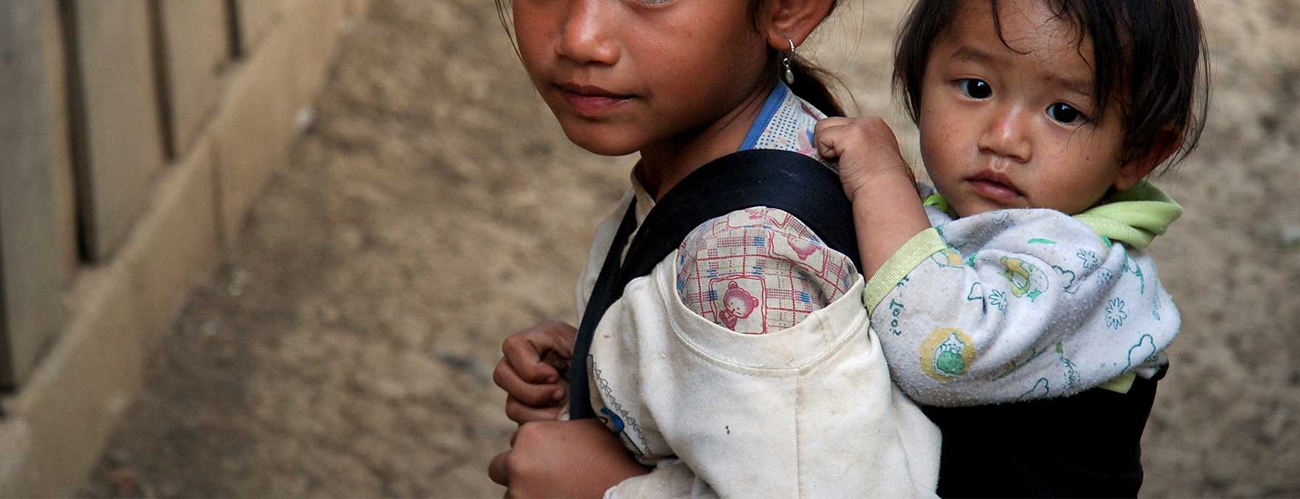
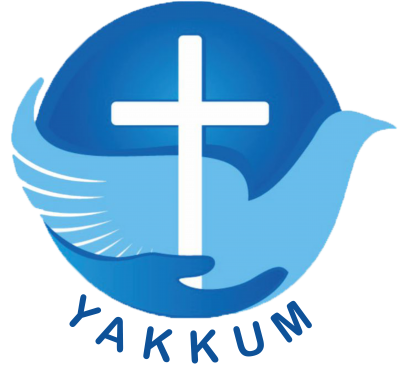
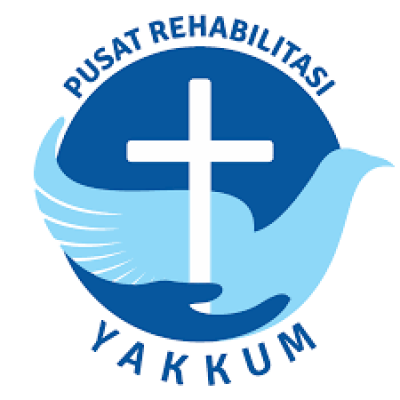

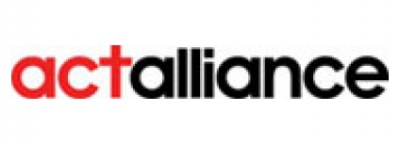
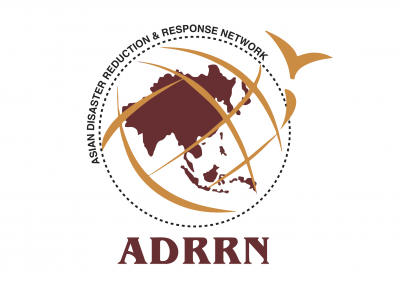
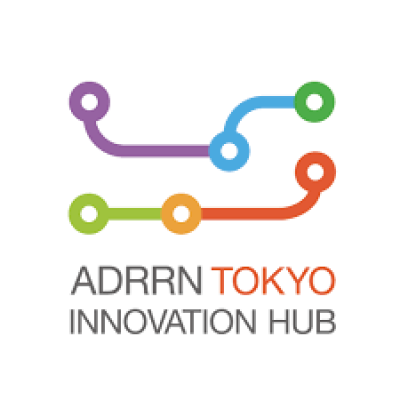




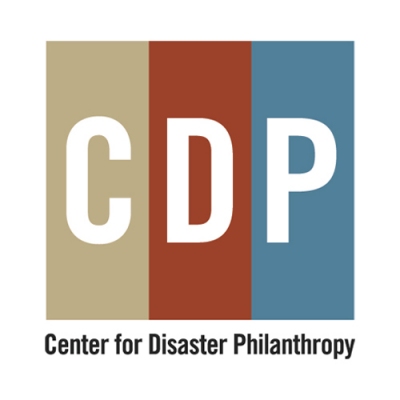
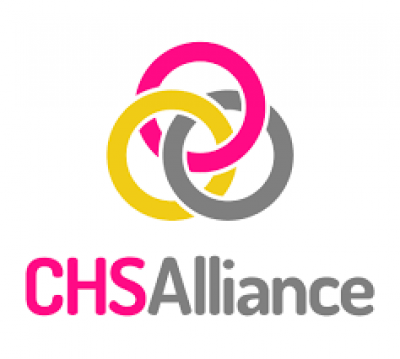

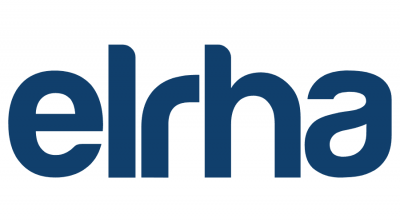
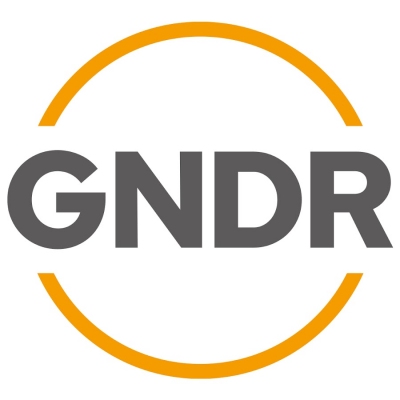
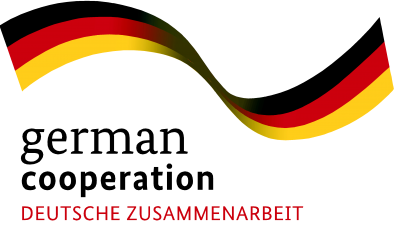
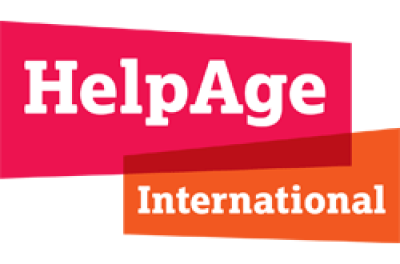






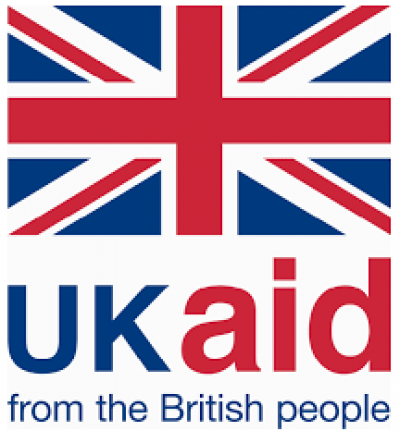

Social Media
@yakkumemergency
yakkumemergency